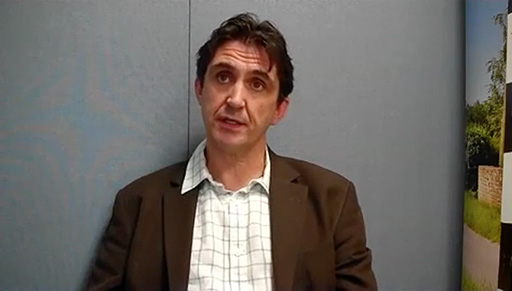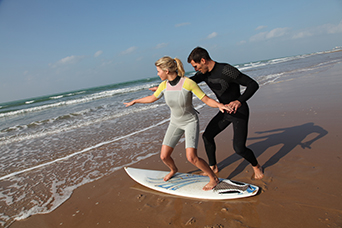5 Skills developed through learning
When you completed the previous activity, you were asked to think about any training you might have had in any particular jobs. As well as this, you might have done courses outside work, such as evening classes for personal interest. You might have participated in a charity event that involved learning new things, such as deciding to learn to ride a bike to participate in a charity cycling challenge.
It can sometimes be difficult to see the full range of skills developed through learning. You might be clear that you learned to confidently ride a bike for the charity cycling challenge, but be less aware that while on the ride you developed your ability to talk to strangers more easily. It is easy to know that you have passed a test, or completed a tough climb, but it is sometimes difficult to see how you have changed in subtle ways.
The skills you develop during learning experiences can be a positive influence on your role in your family, your involvement in the community, or in your potential to do a job. There is much to gain from reflecting on your skills and qualities, and seeing how these can be used to enhance your career choices and your personal development. This reflection should help you to identify the more subtle changes as well.
The following activity illustrates this for you.
Activity 5 My skills developed through study
This activity illustrates how the benefits of learning are not always obvious and encourages you to think differently about your own learning.
Part 1
Watch the video of actor and OU graduate, Stephen McGann, talking about how studying science added to his skills.

Transcript
After you have watched the video all the way through, listen to it again, making notes on the skills Stephen says he developed. Record the main skills in the box below. You do not need to record these in your notebook because they are Stephen’s experiences, not your own.
Part 2
Select a learning experience of your own and reflect on it for a few minutes. It is up to you whether you choose a formal learning experience, like a course of study, or a life experience such as moving country, or becoming a parent or grandparent.
Imagine, like Stephen, you have been invited to make a short video explaining to someone else how that experience developed different parts of you or new skills that you have been able to deploy in your life more generally. What would you say? Creating short rehearsed pieces of explanation about your learning and skills is good preparation for interviews.
Write a few sentences in your notebook as you might say them in a video. Then try reading aloud what you wrote.
Comment
When you read your piece aloud, did it sound convincing to your? If not, you might want to keep trying until you hear that note of confidence that Stephen McGann displayed.
As you have seen in last few sections, skills are acquired in many different aspects of our lives. The main areas where we acquire skills are:
- working
- studying
- volunteering
- caring responsibilities
- having a hobby.
Some of these you may not have even considered before. So, hopefully, you are building a good picture of your own skills now and maybe you won’t take them for granted so much.
Now that you’ve identified the skills that you have developed, you need to consider which you feel most confident with, and which may require further development. The next section gives you that chance.

